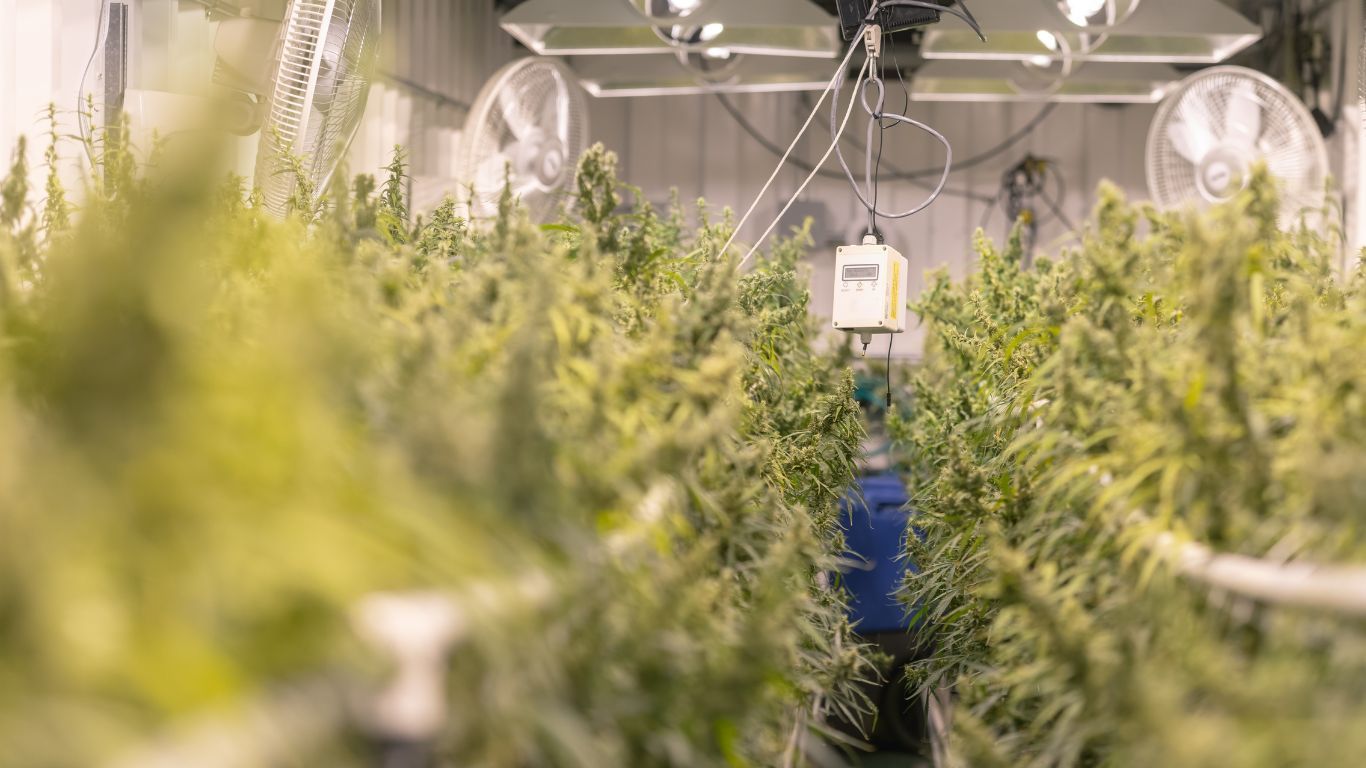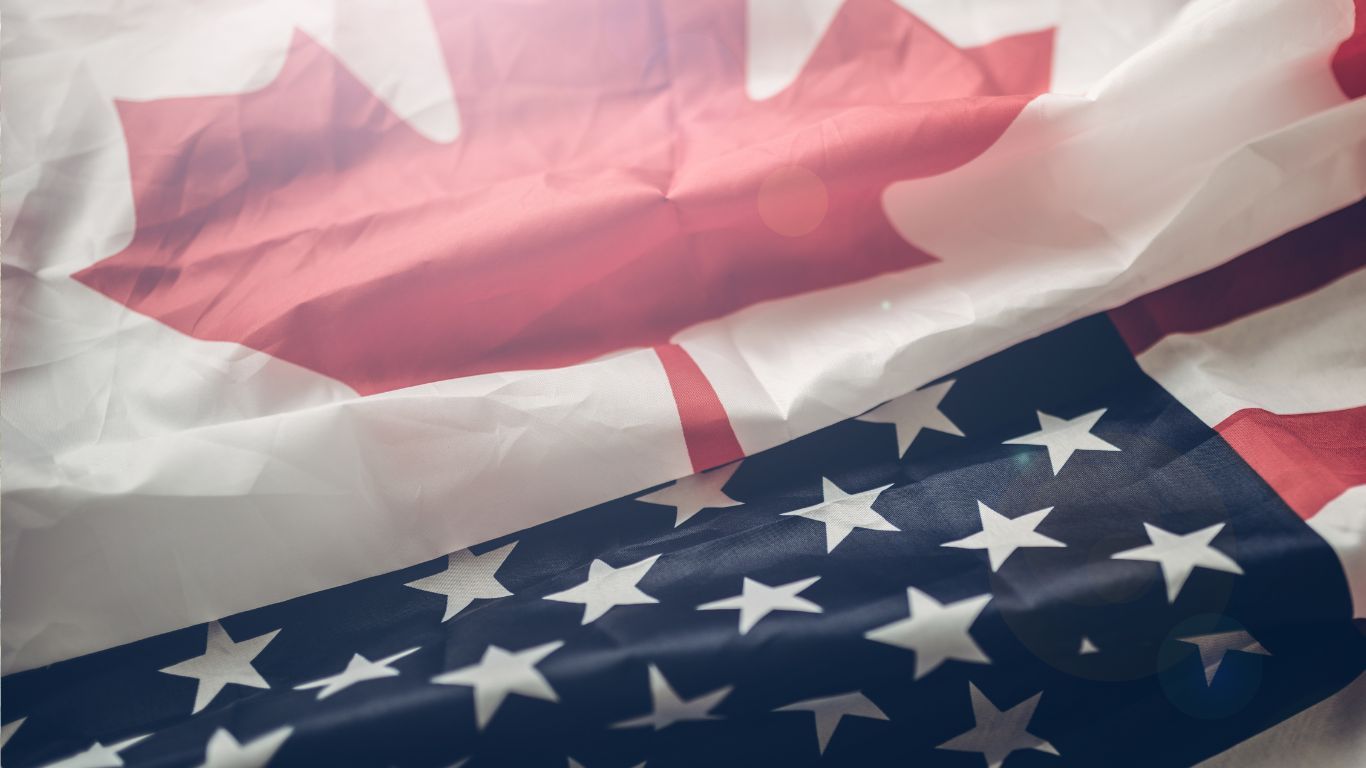
A policy proposal to abolish tax on cannabis for medical purposes is now one step closer to having a chance to be part of the Conservative Party platform.
The proposal calls on the Conservative Party of Canada to adopt a policy that will “abolish the excise tax on medical cannabis, fostering compassionate patient care and promoting its potential as a ‘Made in Canada’ safer alternative to addictive opioids.”
It argues that ending this tax would encourage economic growth, support healthcare affordability, and could lessen opioid use.
The proposal, Policy 1849, has now passed the first stage of voting and will next be heard as a regional priority from New Brunswick in a breakout session on Friday, September 8, explains Tanner Stewart, who helped inform the policy. Stewart is the founder of Stewart Farms, a cannabis producer in St. Stephen, New Brunswick, and will be at the convention seeking to rally support for the proposal.
The Conservative Party’s convention is in Quebec City from September 7-9.

If the policy makes it through that round of voting at the regional stage, it then has a chance to be heard on the convention floor for a final vote by all delegates to determine if the proposal will officially become party policy.
Stewart says his goal is to bring more attention to the issue of taxes on cannabis for medical purposes.
“Ironically, it’s also one of the few classes of drugs that are 100 percent made in Canada. Fifty percent of Canadians who stopped using medical cannabis last year did so because they couldn’t bear the costs. The idea that a Canadian can’t afford a medication they need, that’s readily available and made in Canada, is pure lunacy. My hope this coming week is that the CPC adopts this policy to abolish the tax on medical cannabis, and signals to Canadians that they support safe, made-in-Canada medicinal products.”
“The tax regime that our industry has been enduring under this government has been unsustainable from the start,” he tells StratCann. “They claimed legalization wasn’t about money. They said it was to ensure a safe legal supply and to push out the illicit market. If that were true, medical cannabis wouldn’t be the only prescription drug in Canada that is taxed.
Even if it doesn’t pass, Stewart says he’s hopeful that the proposal will help bring more attention to the issue.
Trapper Cane, a veteran of the Canadian Armed Forces and director of the St. Croix New Brunswick Progressive Conservative Association, helped bring the policy to the convention. Cane, who served as a paratrooper and was seriously injured in a mid-air collision, leading to issues with chronic pain and PTSD, co-founded the Canadian Army Veterans (CAV) Motorcycle Unit, says that without cannabis, he would have never been able to take part in such events.
“It was the medical marijuana that got me out of the dark spots I was in and helped me ignore the pain and to get myself on a motorcycle.”
“Medicine is essential. In my experience as a veteran of the Canadian Armed Forces, I was both crippled physically, and I suffer from post-traumatic stress injury, so marijuana for me is a lifesaver. This is a medicine, and it’s brutally taxed already, and we need to make that go away.”











